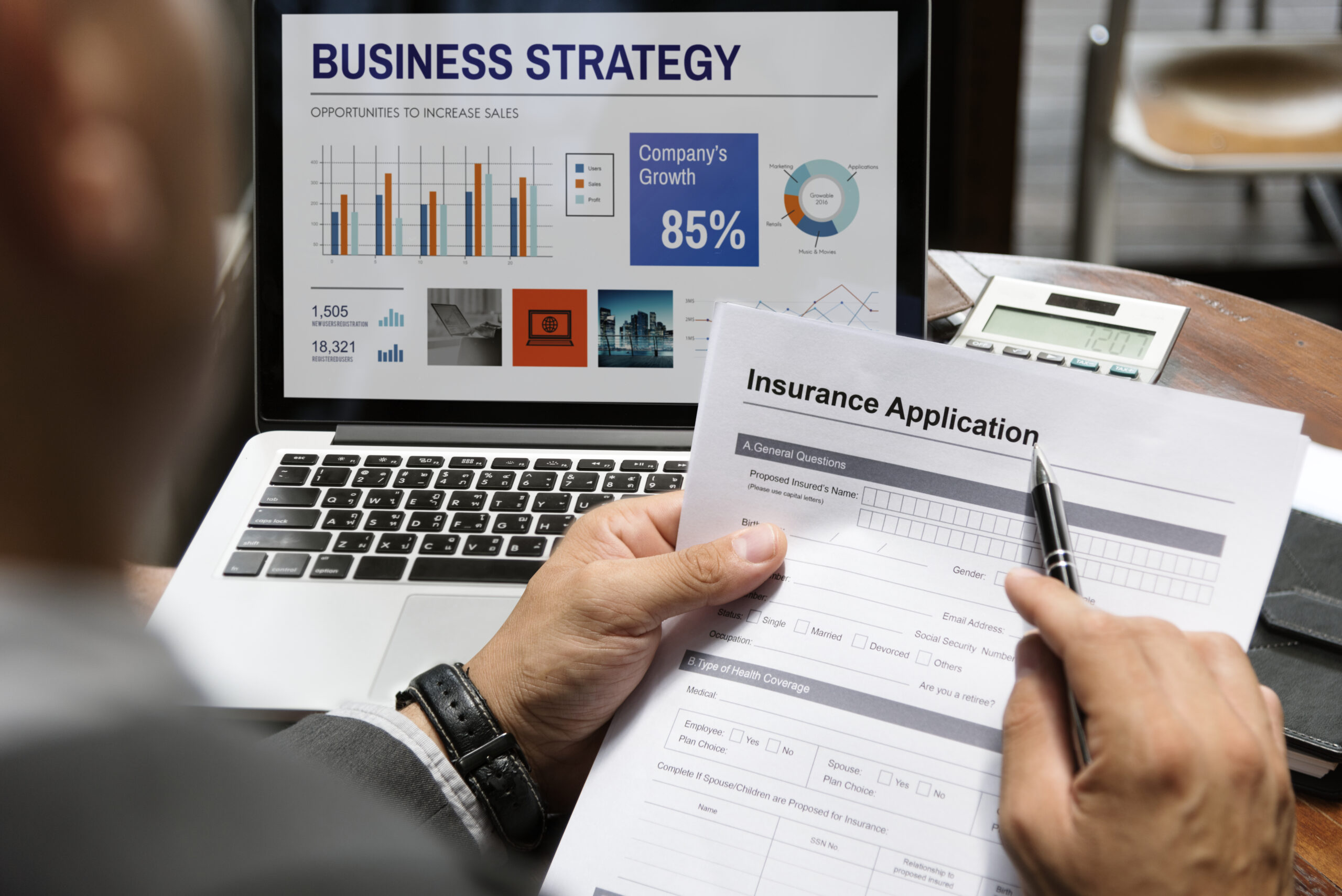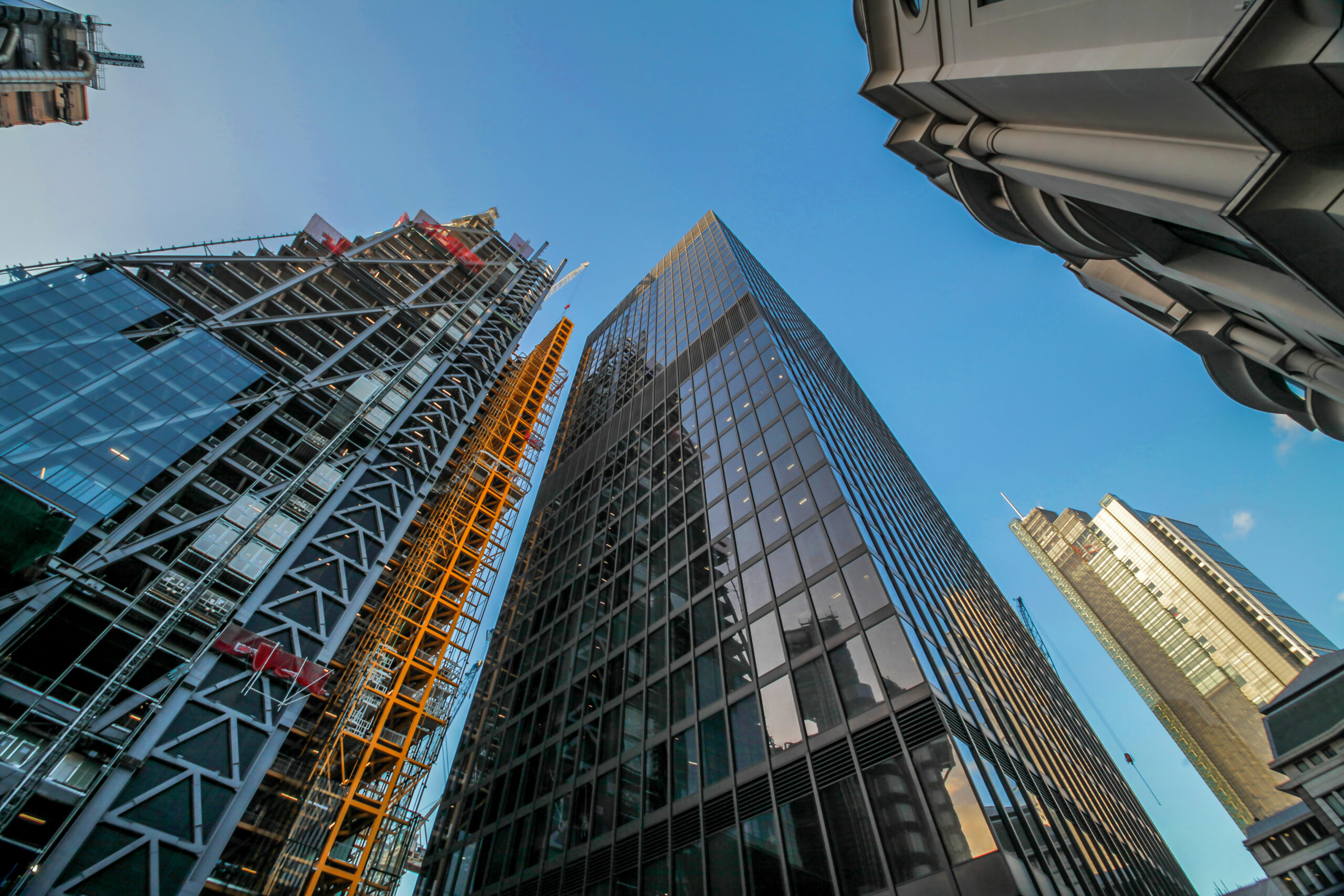
The first things on top of the list when starting a new business are the target market, business structure, and government requirements.
Business owners want to get their business up and running as soon as possible and they fail to add business insurance to their list–unless it’s mandatory for their industry.
As your business grows, you’ll eventually need to insure it, and here are 10 instances when you should get business insurance.
1. When you have a physical space where customers or clients visit
If you have a business where customers or clients visit your site, you will need a general liability insurance policy. General liability insurance can cover medical and legal costs for claims if you are held liable for injuries or damage to third-party property that occur in your business premises. Claims of this type include injury of a customer falling off the stairs of your property, or an employee spilling coffee over a customer’s laptop or other belongings.
2. When your business operates anything IT-related
If you have a business that relies on anything IT-related, like the internet, computers, and other tech gadgets, you will need a cyber liability insurance policy. Nowadays, most businesses are dependent on computers and the internet to function. Along with that comes the rise in cybersecurity incidents – from simple malware infection to ransomware, to data breaches, to denial of service, to all different sorts of cyberattacks.
Cyber liability insurance protects your business from losses that can result from cybersecurity incidents. It can cover legal costs if an entity sues you for a data breach, as well as cover the costs of recovering data that has been lost due to ransomware. No matter how large or small your company is, or whether you have this in-house or offer it to clients, cyber liability insurance cushions you when breaches occur.

3. When you employ someone other than yourself
If you have employees other than yourself, even just one, you will need an employer’s liability insurance policy. An employer’s liability insurance covers claims of employees (or former employees) if they injure themselves or become ill while working for an employer. This insurance policy is especially important if your employees deal with hazards in the workplace like in construction or medical fields.
4. When you make, supply, or sell products to customers

If your business sells products to the general public, you will need a product liability insurance policy. Product liability insurance covers the claims of a customer for injuries or damaged property resulting from a product you sell.
No matter how good your product is, there will always be a probability that a customer mishandles it, and that’s when this kind of insurance policy will come in handy.
5. When the impact of business interruption is critical to your business’s survival
If you have a business that will take heavy losses if operations have been interrupted, you will need a business interruption insurance policy. Business interruption insurance will compensate for the loss of sales or profits if operations have stopped for some unexpected reason. It could be due to fire or flood, breakdown of equipment, or when a supplier is unable to get to you which then hampers your ability to sell your products or services.
6. When you work in contract with other entities
If your business works in contract with other entities such as other businesses, the government, or individuals, you will need bonds. Bonds cover the possibility that either one of the parties is unable to satisfy its obligations under contract.
7. When you need to protect your business’s physical assets
If you have business assets like furniture, tools, and equipment, you will need a business contents insurance policy. Business contents insurance, also known as commercial contents or business assets insurance, covers the damage or loss to furniture, tools, and equipment as a result of fire, flooding, other catastrophic events, as well as theft.
Accidents and other unexpected events happen, and you should be prepared for the risk of such events by insuring your business assets.

8. When your business operates heavy machinery
If your business operates heavy machinery, you will need a contractor’s plant and machinery insurance policy. Contractor’s plant and heavy machinery insurance covers equipment like excavators, cranes, bulldozers, and other heavy machinery. The policy will pay for repair or replacement in the event of loss or damage to the equipment insured.
9. When you own a commercial property

If you own a commercial property, you will need a commercial property insurance policy. Commercial property insurance covers any commercial property in the event of fire, theft, natural disasters, and other perils. Even if we safeguard our commercial property, uncontrolled events can still happen and it’s better to prepare for such events with commercial property insurance.
10. When you have a person that is critical for the operations of the business
If your company’s operation is dependent on an individual, you will need a key person insurance policy. Key person insurance, also known as key man insurance or business life insurance, is life insurance that covers for the death or disability of a key person in your company. If you have an employee or a number of employees that the business can’t live without, insuring them is a good idea to soften the blow should something tragic happen to them.
Insurance does not prevent accidents or damages from happening to your business, whatever form those may take. What it does is give you the ability to have a cushion or even a safety net, if and when these occur.
Even if you think you only tick one item off this list, it should not discourage you from exploring and eventually insuring. Protect what you can, when you can.
